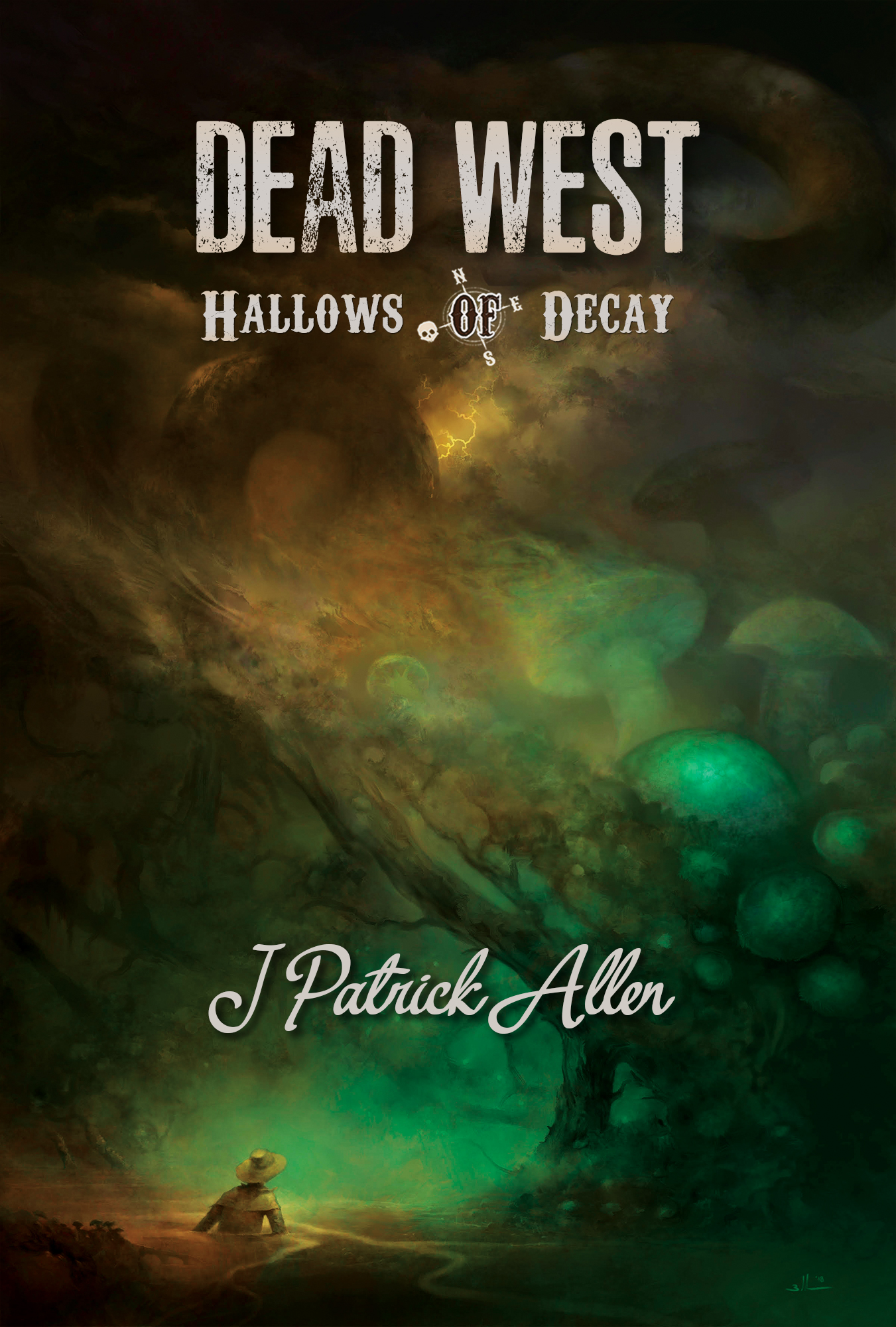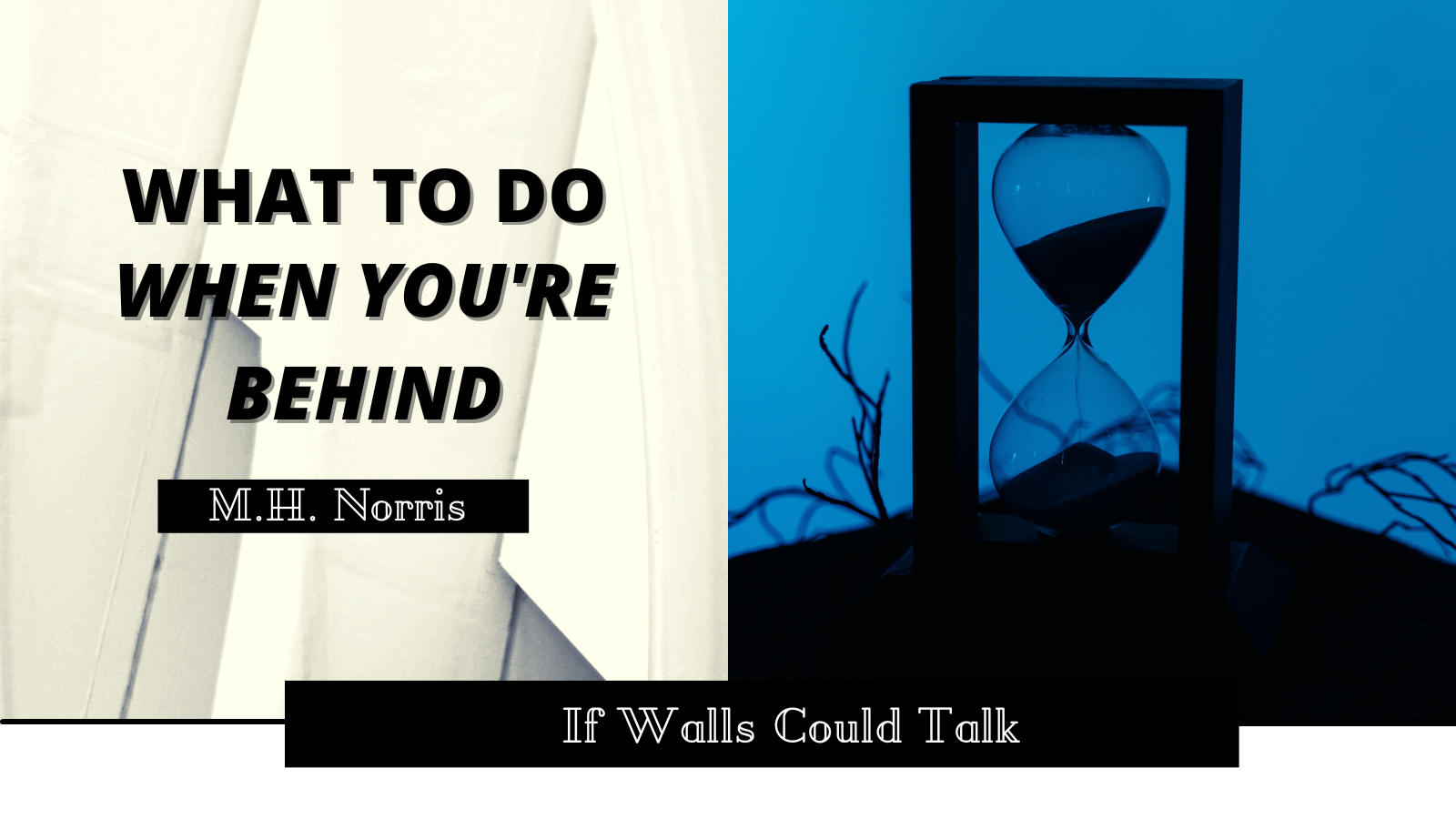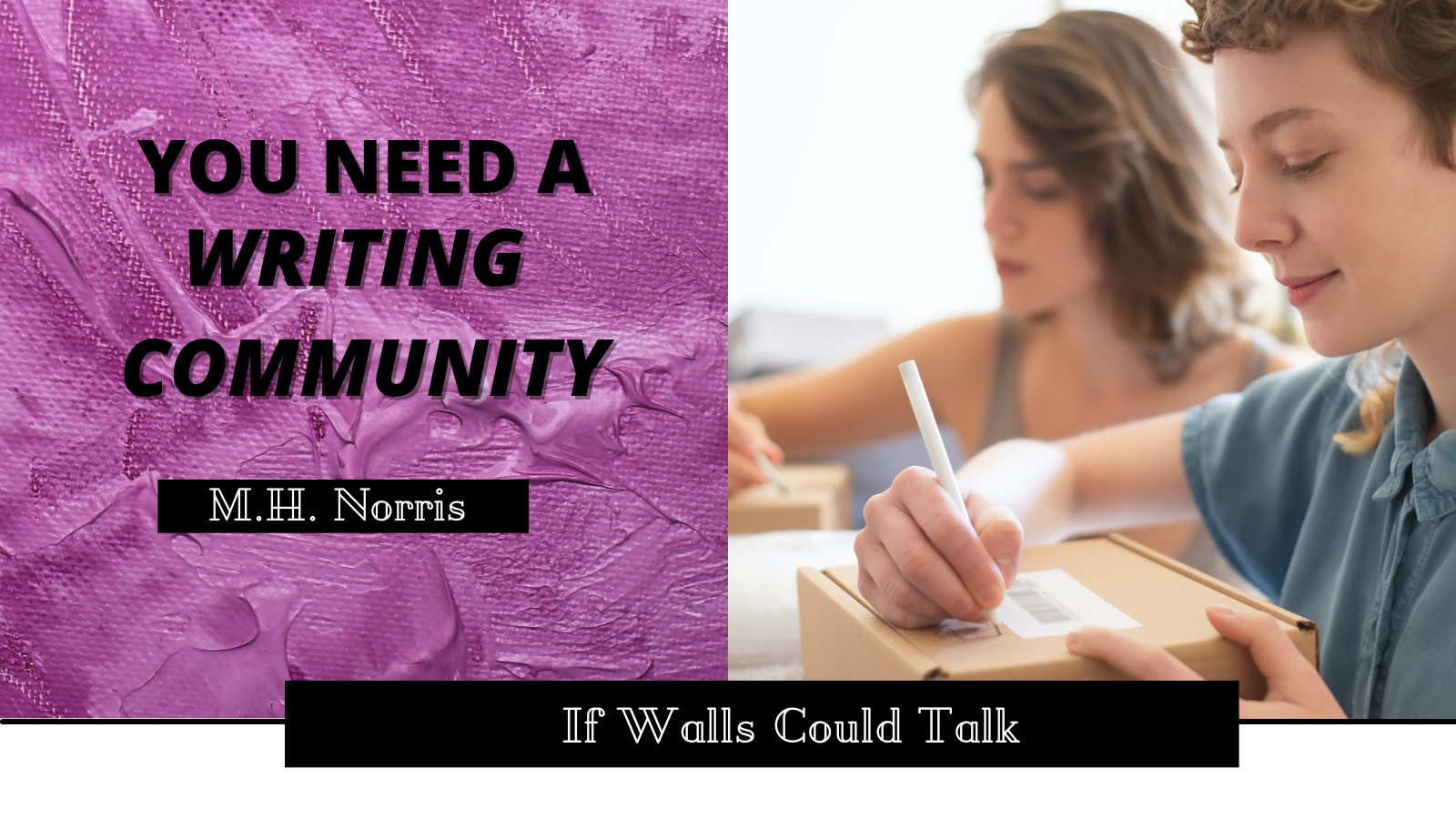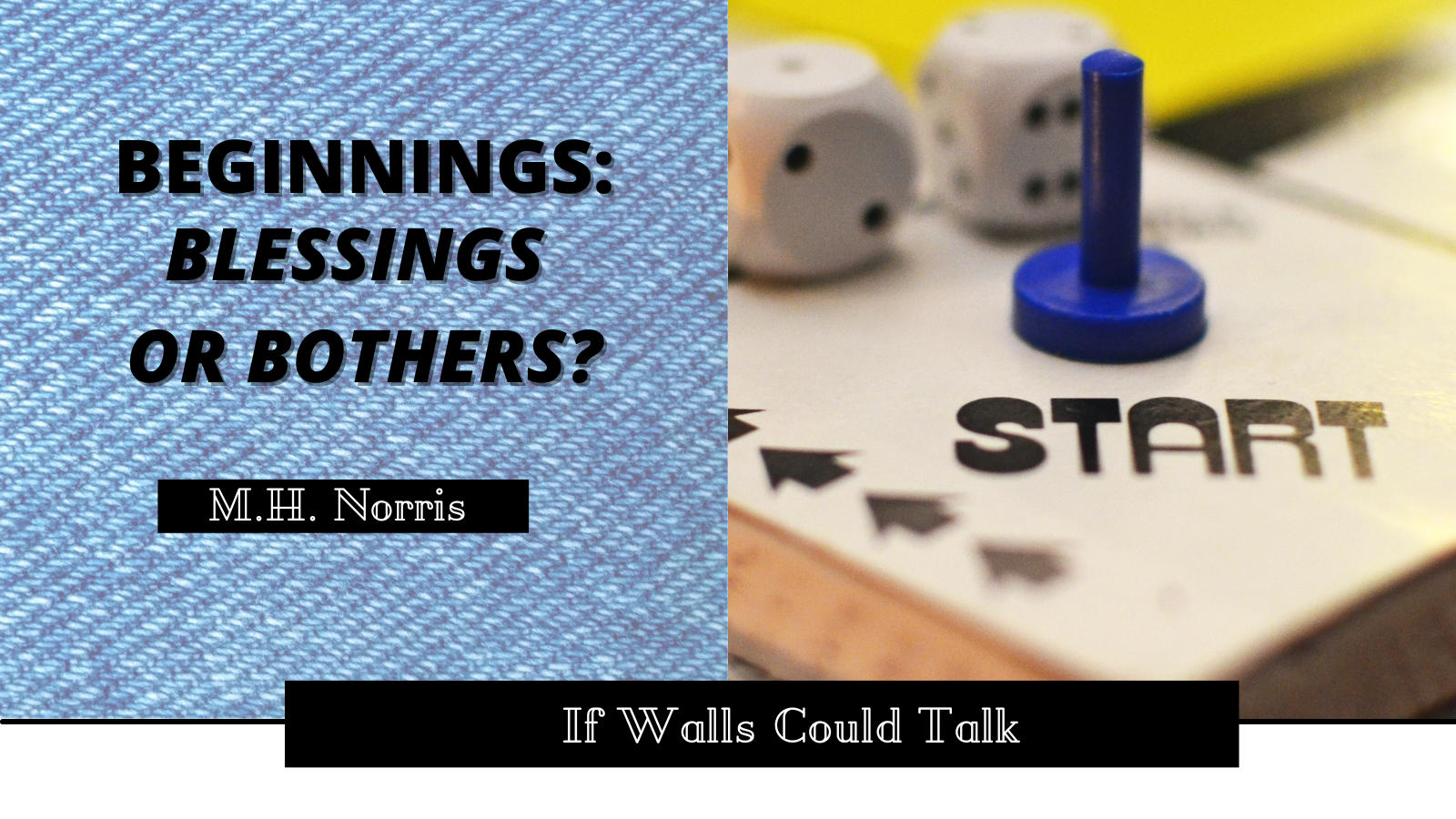As I kick off my column this week, I’d like to congratulate fellow 18thWall author, J Patrick Allen on the release of his newest book, Dead West: Hallows of Decay.
We chatted with him for this week’s The Raconteur Roundtable and I asked him about a blog post where the talked about how writers need to read. This is something I agree with because I’ve heard the analogy where we are like sponges. You need to soak up to get something out of it.
Listen to the interview and get his picks and this week, I’m sharing mine. I’ll go ahead and warn you that mine may lean toward crime and mystery writers (because I am one) but I also wanted to choose things that will help more writers.

Doctor Quillburn’s Miracle Panacea
Conquer Cholera ~ Bushwhack Buboes ~ War Upon Wasting!
A traveling alchemist, a ruined town, and below it all a dreaming god
Everyone brought something from the old country. Grandfather’s watch, and grandmother’s china’ great-grandfather’s folklore, and great-great-grandmother’s fairy tales. What is never discussed, however, are the undying characters of folklore: nix and fairy, goblin and vampire, dragon and eldritch things who all came to America’s shores in time with the rhyme of their tales.
The Knights of Charlotte hunt those things, ensuring what came from the dark stays in the dark.Two of their knights, Samuel and Charlie, approach the tiny town of Silverton. It’s in a precarious position. A cult worships out in the dead mine, approaching town only to proselytize the town, by force if necessary. Its inhuman aid, the Seraphs, prove nearly impossible to kill. Even for Knights of Charlotte.
As the siege of Silverton devolves into chaos, Charlie is cast into a phantom world where everything he’s learned so far seems useless. Unable to navigate, eat, or communicate with another living being, he’s still the best hope for survival.
Elsewhere, something ancient slumbers.
Dead West: Hallows of Decay picks up where Bond of Blood and the rest of J Patrick Allen’s award-winning Dead West series left off.
You can get it in print or digital, Available on Amazon US and Amazon UK. It’s also on Kindle Unlimited.
AMAZON US
PRINT | KINDLE
AMAZON UK
PRINT | KINDLE
AMAZON CA
PRINT | KINDLE
Now on with my list!
1) On Writing – Stephen King
This one is one you will hear from almost every writer. I honestly believe that every writer should read this at least once. While you may not like his genre (or even his writing), you can’t deny that he’s had success in the field and I find his insight very interesting. In this book, King talks about the early days of his writing career, how Carrie came into existence, he talks about his writing habits, the accident he was in in 1999, and tries to provide advice to writers on how they can apply what worked for him to their lives.
He provides basic, invaluable insight into writing and its tools. It’s a first step–alongside Skunk and White–to developing your craft.
King is very much one of those “I write every day and you should too” kind of people. I’ve taken pride in being honest with you, after all you’re taking time to read my column week to week, I am not one of those people. I try to sit aside time at least a few times a week to write. And I alternate between projects too.
You can find On Writing on Amazon here.
2) The Writer’s Guide To Psychology – Carolyn Kaufman
This one is a recent find for me. After the events of “Midnight,” Rosella has suffered a trauma and as a result, I wanted to do some research to properly portray her mental state. She couldn’t walk away from that without it affecting her. And it’s been, I hate to use the word…but it’s been fun to develop her character and work her through her trauma.
I found this book and I thought it was very insightful. Not only does it talk about various mental illnesses and disorders, it discusses psychologists and what they do. Common tropes are examined, including which ones are wrong and why. It’s a very good foundation and I recommend it for any writer, especially if you’re doing a series and have to develop your character(s) as it goes on.
You can find The Writer’s Guide to Psychology on Amazon here.
3) Police Procedure and Investigation: A Guide For Writers – Lee Lofland
This is one of the first books I read way back when I was writing Badge City: Notches. In fact, it should be noted that Notches wouldn’t exist without this book. After spending over two decades in law enforcement, Lofland wrote a book on police procedure.
He covers everything from what officer’s duties are, the difference between an officer and detectives, DNA, fingerprinting, crime scenes, autopsies, the court system, the death penalty, and more. These often include personal anecdotes from his experience (including the time he witnessed an execution in Virginia) which offer invaluable practical application.
You Can Find Police Procedure and Investigation: A Guide for Writers on Amazon here.
4) Forensics: A Guide For Writers – D.P. Lyle
This one is part of the same set as the previous book. While Lofland goes with more on the procedure and less on the forensics, Lyle holds nothing back. There’s entire sections on the human body (including my favorite, the autopsy). He has a history of forensic science (which I’ve referenced a few times), a whole section on Crime Scene Investigation (eight chapters worth of material).
Let me give you his bio.
“D. P. Lyle, MD is the Macavity Award winning and Edgar Award nominated author of the nonfiction books Murder and Mayhem: A Doctor Answers Medical and Forensic Questions for Mystery Writers and Forensics for Dummies. His published fiction includes the thrillers Devil’s Playground and Double Blind. He has worked as a story and technical consultant with many published authors and with the writers and producers of several popular television shows, including Law & Order, CSI: Miami, Monk, Medium and House.”
Lyle also has a fantastic writers’ forensic blog.
You can find Forensics: A Guide for Writers on Amazon here.
5) The Writer’s Guide To Weapons – Benjamin Sobieck
I found this one by accident.
But I was drawn to his introduction where he explains why he wrote it. Apparently, he made a mistake in one of his books and got a letter from a reader who called him out on it and said she wouldn’t read a writer who couldn’t do his research. He felt horrible about it and then put this guide together to help other writers avoid receiving the same letter.
In The Writer’s Guide to Weapons he looks at different types of knives and firearms, how they work, and why. He reviews instances where they’ve been used in media incorrectly. He shows you the best for a variety of occupations, reminds you of gun laws, and does a thorough job at covering the topic.
As someone who writes murder, having this guide is invaluable.
You can find The Writer’s Guide to Weapons on Amazon here.
6) Write to TV: Out of Your Head and Onto the Screen – Martie Cook
I got this book just after it came out four years ago and I’ve read through it several times. One thing I appreciate about this is Cook will reference shows that are either on air or easily accessible through various streaming platforms so you can watch what he’s talking about and see the theory played out.
To me, that’s invaluable.
One note I will give, the first part is how the industry works and while it gives a good foundation, it is slightly out of date.
But he is thorough. There’s a section on writing comedies, and both character and plot driven dramas. He also talks about spec scripts, what they are, and how to prepare your’s. He talks about characters and dialogue. There’s also a section on pitching (which, from experience I can tell you includes helpful advice).
You can find Write to TV: Out of Your Head and Onto the Screen on Amazon here.
These are just some of the titles I think are valuable resources for writers.
Do you have some favorites? Let me know, I always love finding new books on writing.




